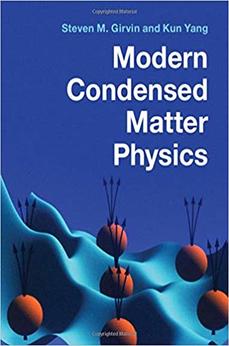Sterling Professor of Physics
Professor of Applied Physics
Yale University
Member and Founding Director, Co-Design Center for Quantum Advantage, Brookhaven National Laboratory
https://www.bnl.gov/quantumcenter/
Education: BS, Bates College; MS U. Maine; Ph.D., Princeton University
Field of Study: Quantum Information Science, Quantum Optics, and Theoretical Condensed Matter Physics
After graduating in a high school class of 5 students in the small village of Brant Lake, New York and completing his undergraduate degree in physics from Bates College, Dr. Girvin earned his Ph.D. in theoretical physics from Princeton University in 1977. Dr. Girvin joined the Yale faculty in 2001, where he is Sterling Professor of Physics and Professor of Applied Physics. From 2007 to 2017 he served as Yale’s Deputy Provost for Research, overseeing strategic planning for research across Yale. From 2019 to 2021, he served as founding director of the Co-Design Center for Quantum Advantage, one of five national quantum information science research centers funded by the Department of Energy.
Along with his experimenter colleagues Michel Devoret and Robert Schoelkopf, Professor Girvin co-developed ‘circuit QED,’ the industrial standard architecture for construction of quantum computers based on superconducting microwave circuits.
Dr. Girvin is a Foreign Member of the Royal Swedish Academy of Sciences and Member of the US National Academy of Sciences. In 2007, he and his collaborators, Allan H. MacDonald and James P. Eisenstein were awarded the Oliver E. Buckley Prize of the American Physical Society for their work on the fractional quantum Hall effect. In 2017, Professor Girvin received an honorary degree from Chalmers University of Technology in recognition of his work co-developing circuit QED. In 2019, he and coauthor Kun Yang published the textbook Modern Condensed Matter Physics with Cambridge University Press.

